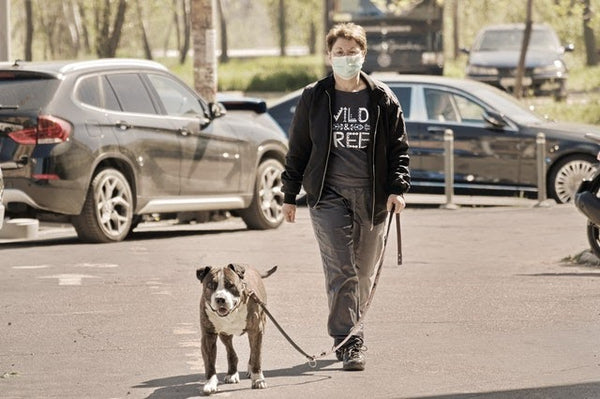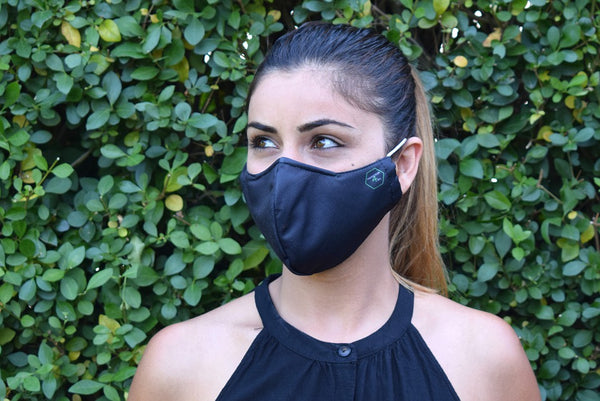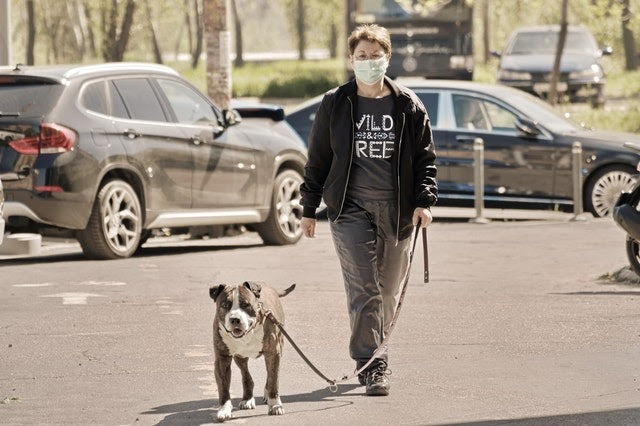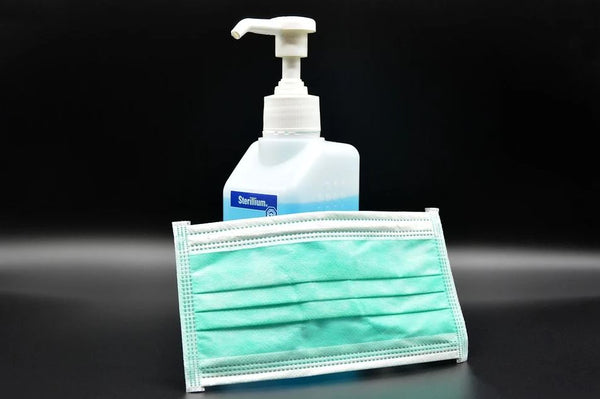
The coronavirus has made a significant impact over the last few months.
Initially, the public was informed that only the N95 mask model was capable of protecting the wearer against virus particles. However, as the disease progressed and more because facts came to light, it became clear that wearing non-medical face masks could be beneficial. As a result, many Canadians have started to wear breathing face masks, surgical masks or handmade ones when they leave the house.
That said, there are still risks involved for people wearing non-medical masks, especially if they are not wearing them correctly. Luckily, Healthcare Solutions offers various mask options to fit your needs.
The Truth about Using a Face Mask
The World Health Organization (WHO) funded a study that reviewed data from 16 countries to finally put to rest the great debate on whether or not wearing a face mask or cloth face covering is beneficial. What they found was that face masks work when worn properly because they aid with disease control and prevention, slowing the spread of the virus.
According to the Centers for Disease Control (CDC), wearing a mask is often the most beneficial when you find yourself in public settings where social distancing measures are difficult to maintain. This includes places with narrow aisles like grocery stores and pharmacies, etc.

How to Wear Face Masks
Many provinces and states have made it mandatory to wear face masks under certain conditions. However, it is increasingly obvious that individuals do not wear them properly far too often. For example, many people wear a mask, but lower it to speak on the phone. Others wear face coverings or cloth masks, but do not cover their nose and chin, or tighten the mask around the sides of their face. These mistakes render wearing a face mask pointless.
Whether you’re wearing surgical masks or handmade cloth face coverings, there are several ways to ensure your mask is doing its job to the fullest extent:
- Wash your hands before handling a mask.
- Place the face mask’s ear loops over your ears and adjust the loops to make sure the mask is taut against your face.
- Position the mask over your nose and mouth.
- If your mask has a nose wire, fit it to the shape of your nose.
- Pull the lower part of the mask straight down, so it covers your chin.
- When you wear a mask, do not touch it or any area of your face.
- If you need to cough or sneeze, try to keep the mask on to prevent germs from entering the air.
- When it’s time to remove it, unhook the ear loops from your ears or ear guard and dispose of the mask or wash it, depending on the model you have.
Remember to thoroughly wash your hands after handling your masks, whether they are sheet masks, cloth masks or homemade masks.
Rules about Face Masks
According to the Government of Canada, there are certain rules that cloth face coverings and non-medical masks must follow:
- They must not impair vision.
- They must not interfere with tasks.
- They must be made of breathable materials.
- They must be made of durable materials. Tissues and other materials that easily tear or fall apart are not appropriate.
Additionally, there are behavioural rules people must follow:
- Don't share masks with anyone.
- Don't use tape or any other inappropriate material to secure the mask.
- Masks must not be worn by children under two years old, or by individuals with difficulty breathing, or anyone who cannot remove them without assistance.
Remember, if you’re wearing cloth face coverings, you are protecting other people from your own droplets. To protect yourself, continue social distancing, especially if they don’t have a mask, and frequently wash your hands.
Get the Best Protection with Our Face Masks
Healthcare Solutions offers various breathing face masks to fit your needs, from disposable to reusable. We’re here to help healthcare professionals and our regular customers maintain their health, as well as provide products that contribute to disease control and prevention.
In other words:
- Keep social distancing.
- Keep wearing masks.
- Keep washing your hands.
- Follow the advice from trusted authorities such as the Centers for Disease Control and similar organizations.



